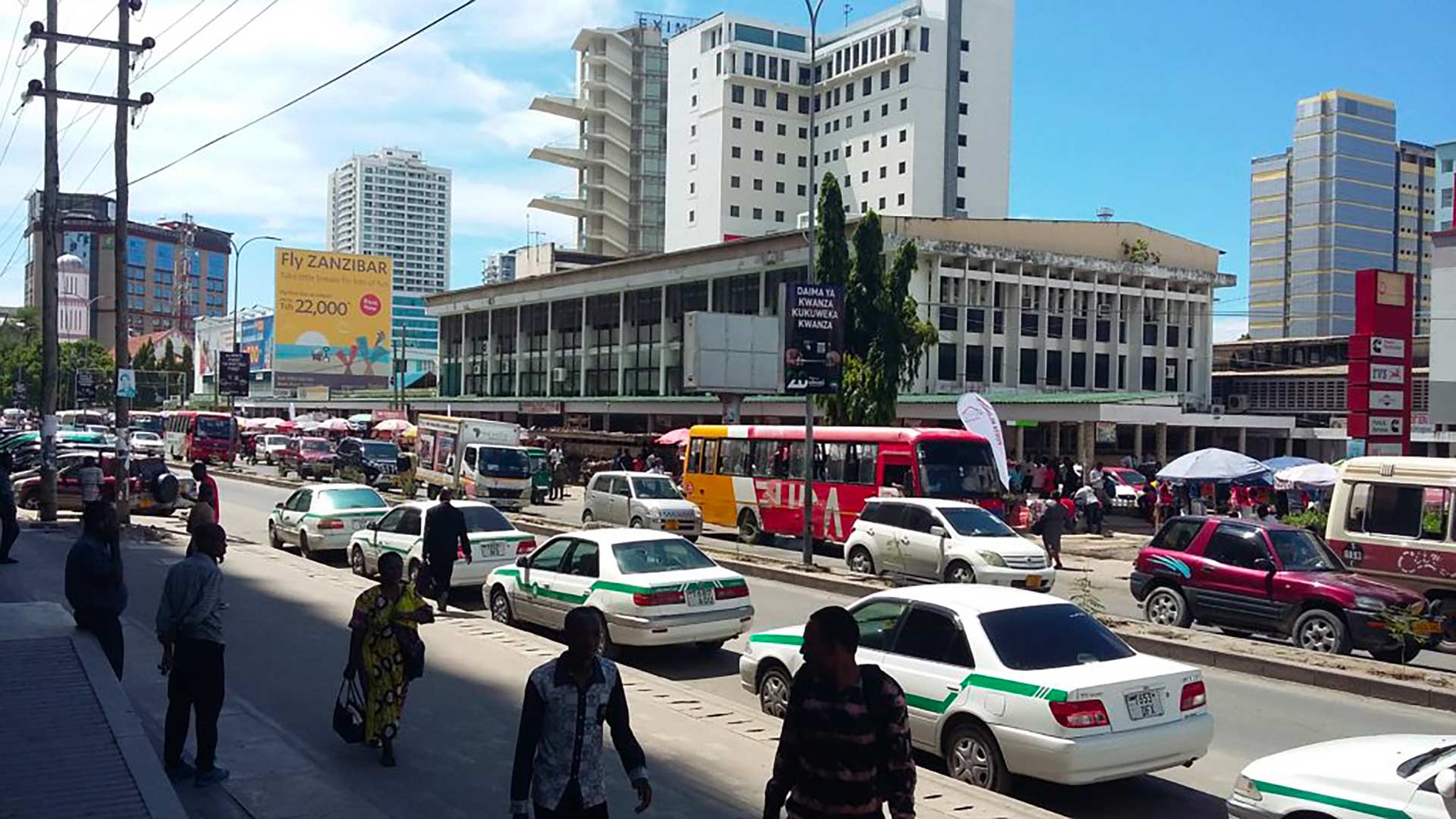
EVALUATION OF OXFAM’S WORK
2018

Description
The initiatives evaluated are part of Oxfam’s global GROW campaign, which focuses on three pillars
- Agriculture and food production/consumption
- Climate change
- Women and communities’ rights to land
It has the overall aim of ensuring that “people living in poverty can claim power in the way the world manages land, water and climate change, so that they can grow or buy enough food to eat – now and in the future.”
In particular, this evaluation looked at the agriculture advocacy strand (Strand III) of the Global Leaders Empowered to Alleviate Poverty – Phase II (LEAP 2), a multi-country programme which funds part of the Oxfam Confederation’s work in the GROW Campaign. Under this Strand, which aims to influence agricultural policies and practices in and for Africa, efforts are designed and implemented at the intersection of food and sustainable agriculture on the one side, and land and women’s rights on the other. The principal goal is that more and better-used finance for agriculture is bringing benefits for poor women farmers and other small-scale agricultural producers.

Findings
In Burkina Faso Efforts have successfully kick-started change at three levels:
- Women leaders involved in the project now have the capacities and self-confidence to speak out about their grievances, needs, and demands.
- Women are also taken into account when decisions are made, both at the community and at the government levels.
- Women’s demands have started being addressed by the highest authorities.
These results have been possible thanks to women’s participation in the project’s activities, such as trainings on advocacy techniques, budget monitoring, and engagement on national or continental policies like the PNSR 2 and the Comprehensive Africa Agriculture Development Programme (CAADP).
Overall, activities implemented in Tanzania under LEAP 2 have led to three main positive outcomes:
- The programme has increased evidence-based understanding of agricultural policies among women small farmers.
- It has improved advocacy for increasing women and other small-scale farmers’ benefits from agricultural budgets and programmes.
- It has increased public attention to the situation of small farmers. In addition, coalition building was effectively done, mainly through the establishment of the Agricultural Coalition, which included five national and international CSOs working on agriculture and was able to organize several meetings and forums at different levels, but in particular with Members of Parliament (MPs).































